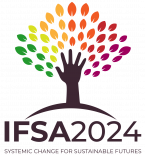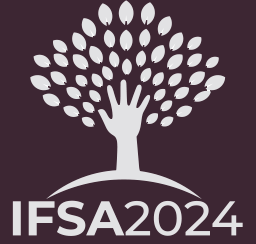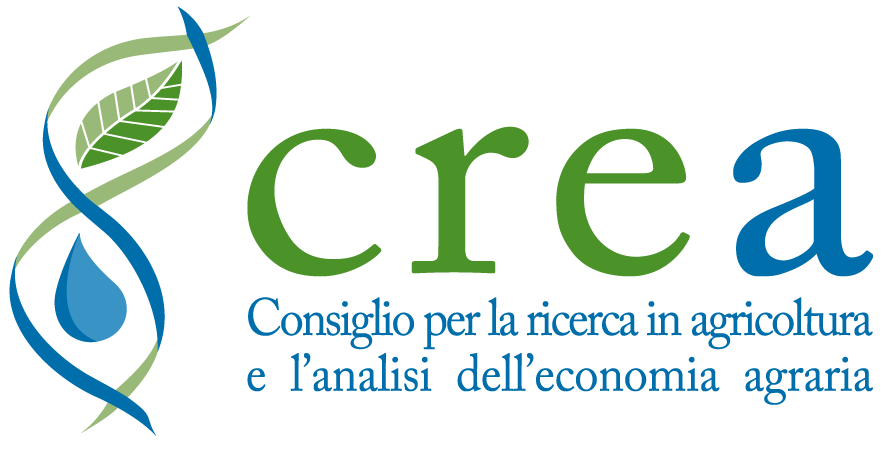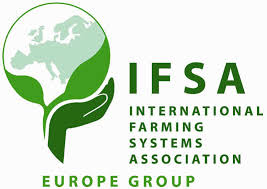THEME 3
CAPACITY DEVELOPMENT TO SUPPORT SYSTEMIC CHANGE: APPROACHES, METHODS AND TOOLS
Convenors: Alex Koutsouris, Andrea Knierim, Pierre Labarthe, Fleur Marchand
Rationale
The need to solve multifaceted and increasingly complex problems reinforces new forms of research, learning and problem solving integrating varying perspectives and insights to promote more sustainable and resilient development pathways. In this respect, for example, systemic approaches pertaining the generation, dissemination and use knowledge and innovations have become widely known and used (e.g., AKIS/AIS – Agricultural (Knowledge and) Innovation Systems, innovation platforms, interactive innovation and EIP-AGRI Operational Groups, to mention only a few).
In general, addressing bio-physical and societal challenges relating to sustainable (agricultural and rural) development requires involving a wide variety of actors who engage in iterative learning processes at different scale levels. Due to the different knowledge and perceptions of these actors, capacities, methods and tools to foster interaction, complementarity, trust and critical reflection (and learning) are needed.
This also requires the ability to design policies for change, able to analyse problems in their systemic nature and aimed at bringing about new forms of interaction between stakeholders by balancing power relations.
In this respect, papers within this theme should deal with approaches, methods and tools that allow organizations and individuals to improve their own capacity (incl. functions and roles of education, training and life-long learning, both formal, informal and non-formal), as well as to contribute to a new way of collaborating, learning and innovating to build more sustainable and resilient development pathways (incl. strategic and political processes).
The theme also includes innovative analytical frameworks, approaches, methods and tools for monitoring and evaluation. These have been developed to support decision-making and action for systemic change in innovation systems, through capturing structural and process evidence at individual, organizational and system levels.
Objectives
The objectives for the sessions relating to this theme are to explore concepts, theories, methods, tools and practices focusing on learning processes and capacity development in the context of sustainable agricultural/rural development, as well as on the results of relevant projects, programmes or courses in different socio-cultural, economic and institutional contexts.
Orientation for papers
Abstracts are invited to address a range of topics, which include, but are not limited to:
The current state of art (theories and methodologies) on learning processes (across scales, ranging from the individual to the group, community, organisation and policy level) especially with a view to second-order and transformative learning.
Transformative learning (education-training-extension/advisory) in multi-actor settings for sustainable agriculture.
Experiences of education and training pathways according to system changes.
Methods, tools and practices supporting learning concerning systemic and multi-stakeholder (multi-actor approach/MAA; transdisciplinary) processes such as network/ platform building and facilitation, social learning and action, interactive innovation, and collaborative policy making in diverse AKIS/AIS configurations.
The identification and facilitation of new knowledge, skills and attitudes (or capacity development) aiming at embracing the systemic approach and the need for systemic change/ transition to sustainability.
A(K)IS (policy and operational levels), including potentials and limitations of the concept to support farming system related change.
Multi-actor approaches to innovation and change (including EIP OGs).
Methods and approaches to ensure farmers’ influence in and benefit from innovation networks.
Advisory/ innovation support services (incl. new functions – new skills – advisors’ training).
New co-design methods and tools for farming and food systems (farmers’ science, participatory modelling).
Use of innovative (modelling) approaches for systemic change in farming and food systems (ABM, machine learning, AI, big data, serious games…).
Monitoring/assessment/evaluative approaches, methods and tools to support and analyse learning pathways, capacity development and system change.
Access, use and utility of data and information platforms for change and learning processes.







